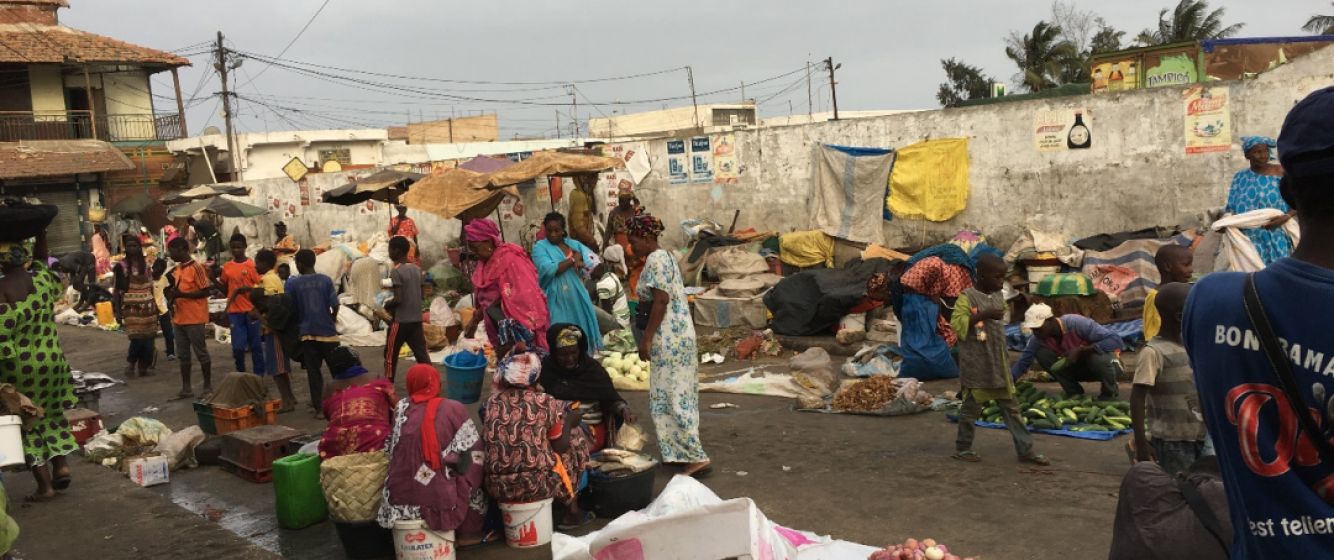This collaborative action will allow the Slow Food movement to deepen its links with Africa by partnering with university institutes dedicated to community service with regard to clean, healthy and equitable food, with the aim to strengthen resilience through their engagement in the common goods movement.
The collaborative action carried out through the project will have a real and decisive impact on the promotion of Slow Food. Thanks to the convenient timing, Slow Food can actually mentor the project in its initial phase (2017), indeed the most critical one in which there are high needs in different types of resources. To this end, our project promotes the spirit of community resilience predicated on the rehabilitation of the common good, with the aim to help communities become more autonomous.
In the short, medium and long terms, it will allow different facets to reposition, with a new actor, the programs initiated in Saint-Louis. This will open up new opportunities for collaboration between different facets, interests and new community services implemented at Senegalese universities.
This collaborative action will allow the Slow Food movement to deepen its links with Africa by partnering with university institutes dedicated to community service with regard to clean, healthy and equitable food, with the aim to strengthen resilience through their engagement in the common goods movement.
In terms of methodology, we seek to produce and co-produce not only knowledge, skills, and know-how but also actions and structural transformations – anything that changes deeply and durably the social, economic and political condition of an individual or a community. To us, acting on the relationship with the food plate triggers profound structural transformations. In effect, this action will enable citizens to understand how each meal they consume is the result of intertwining public policies over which they are called to reflect and voice their opinions. Our project is also an opportunity to accompany the action as well as allow us to be accompanied by it, to measure the consequences that our choice of food has on the biodiversity around us, in the forms of community fragility or resilience prevailing among us. It highlights the dimension of structural social transformation as well as that of the renewal and readjustment of the university’s research and teaching missions in the humanities.
The project will create a number of clean community gardens that will guarantee the local market a regular and seasonal supply of quality local produce on equitable terms. / Community gardens. The project aims to realize a wide-ranging documentation on the culinary and biodiversity heritage of Saint-Louis, in order to promote actions of rehabilitation geared toward not only income generation but also the preservation of plant and animal species gravely endangered by the industrial market. / Ark of tastes. The project will negotiate with the different restaurants in town a special menu day in the week. This special menu will celebrate the produce from community gardens and the region’s traditional recipes. / Chefs’ alliance. The project will privilege social and economic resilience through markets and places dedicated to local agricultural products and to the preparation and sale of street food. / Land markets.

Comments
All this is fine. However,…
All this is fine. However, you should give a thought how this can help to tackle diabetes which has very high rate in Senegal. The other thing is rize cultivation in Senegal where it is not a natural stable.